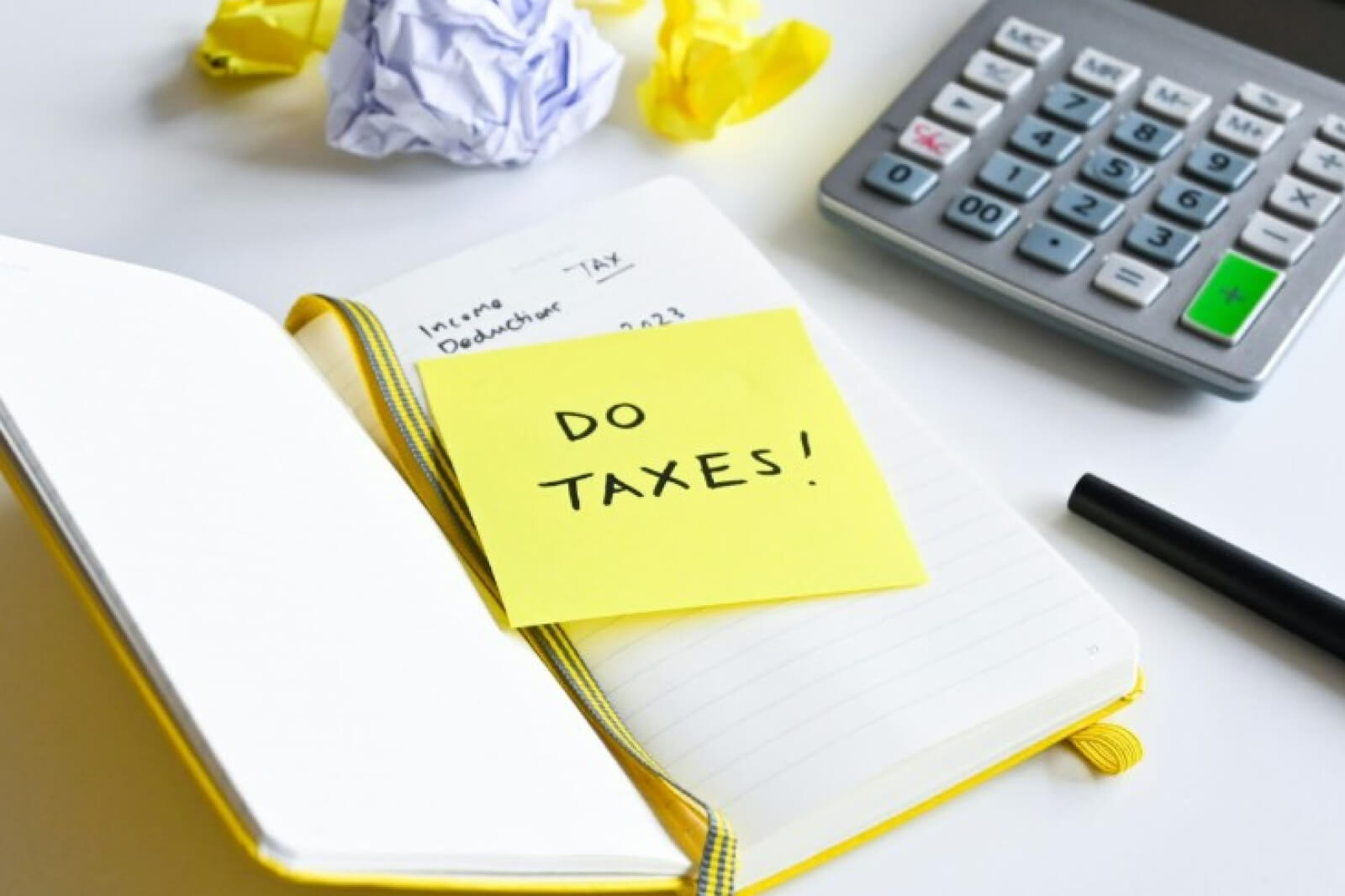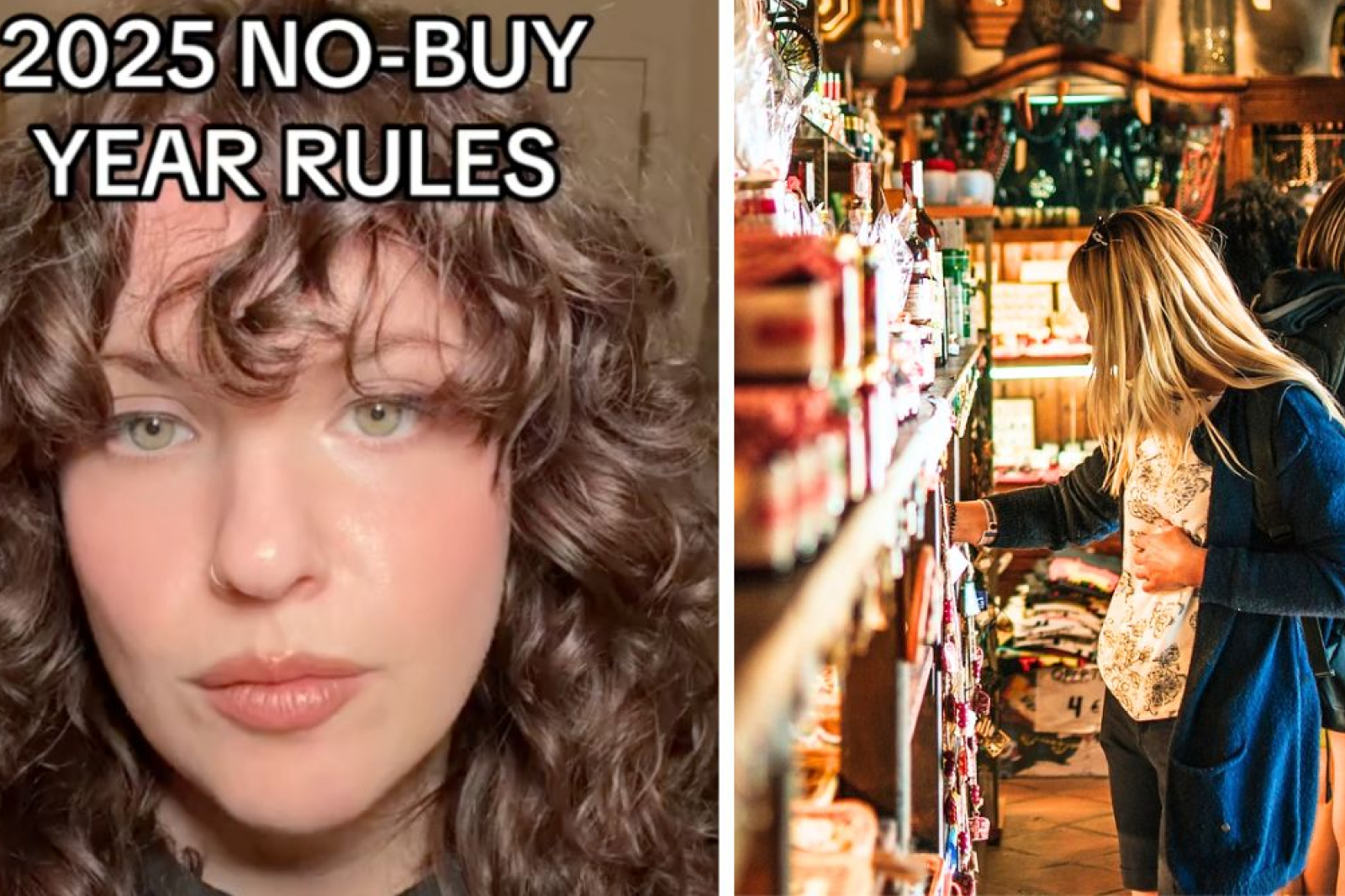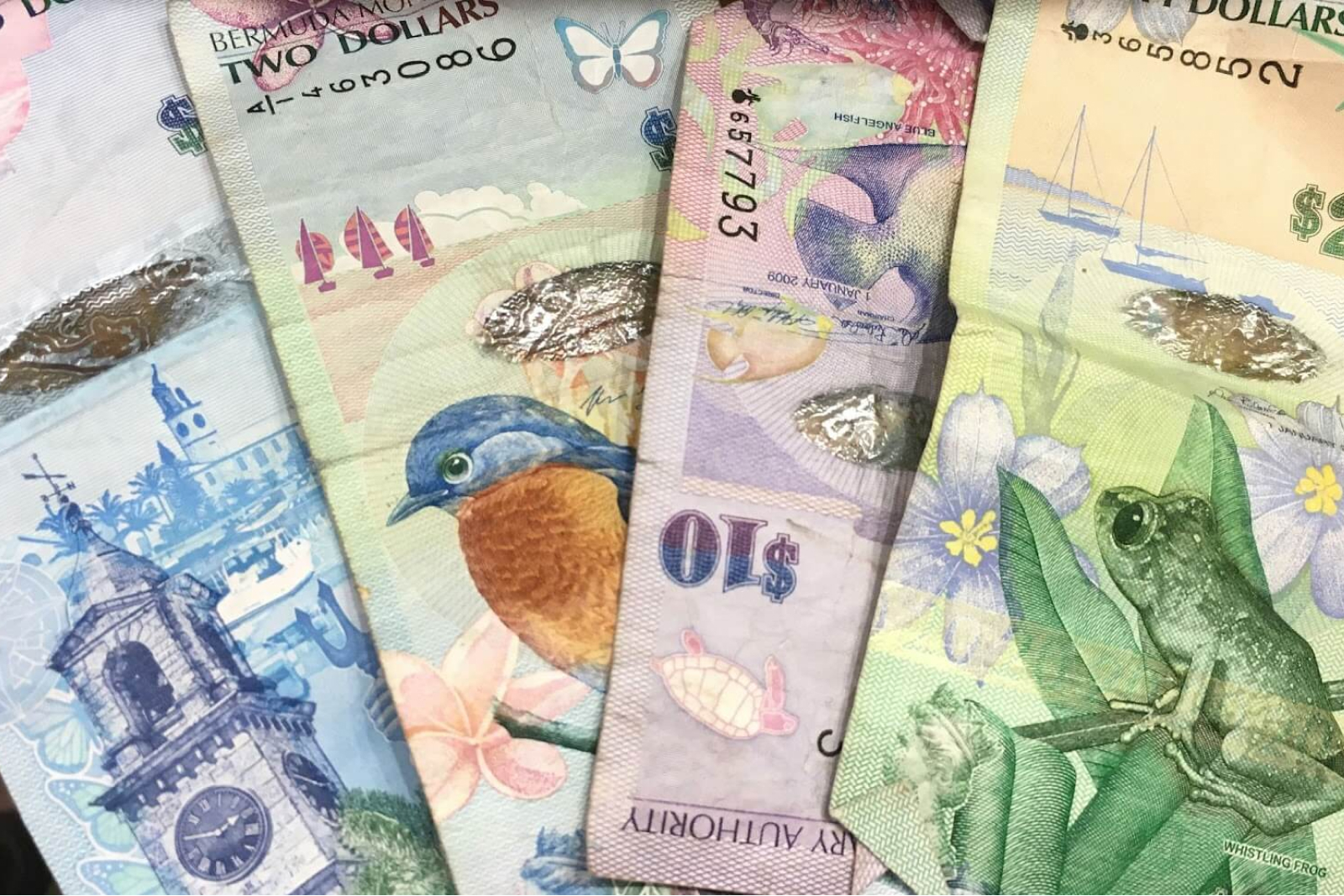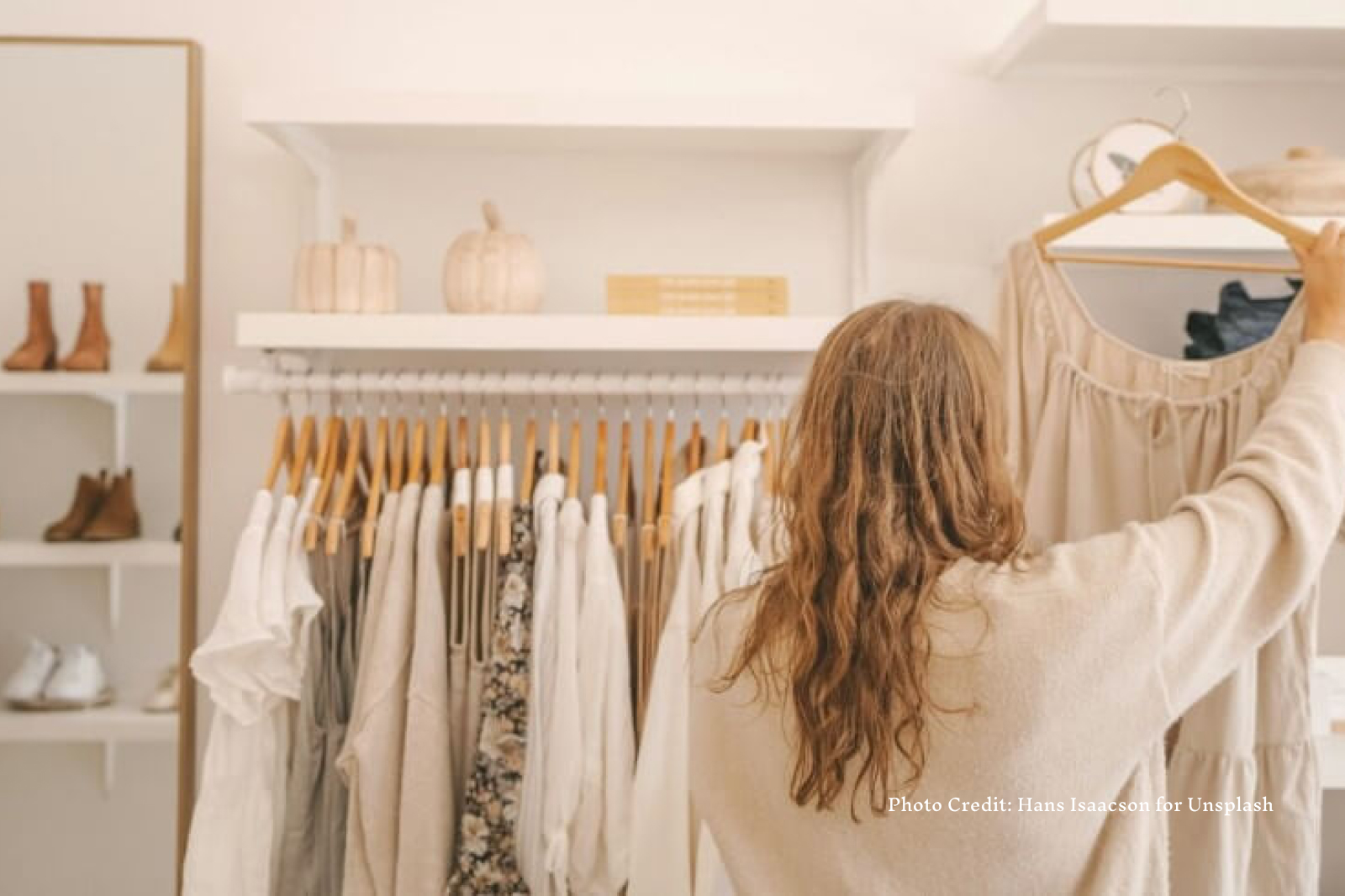What the Omicron Surge Might Mean for your Finances

Dec 27 | 2021

via Cleo
Let’s face it: this sucks.
After a massive vaccine campaign, a pretty successful hot-vax summer, and a pre-holiday season which made us believe things would finally-finally be getting back to normal, we were introduced to the Omicron variant.
As booster shots slowly rolled out, none of us were prepared for how hard and how fast this surge would hit. Unlike other variants, Omicron is more resistant to the vaccine and is infecting even those with booster shots and antibodies.
And it’s really effing scary.
Places like New York are teetering on the edge of another lockdown as restaurants close, offices shut down, and events get canceled. In short: it feels like March 2020 again.
In the words of the perpetually relatable Olivia Rodrigo: “do you get deja vu?” Yes, Olivia, we do.
There are some differences to this surge. Luckily most people — especially the vaccinated among us — are experiencing mild symptoms. While numbers are up, hospitals are not as overwhelmed as they were when the virus first slammed us.
However, this time, many of us are experiencing pandemic burn out — mentally and financially.
When the pandemic first began, no one could have imagined how long it would last. Many people who were furloughed or working from home saw it as taking a few weeks off to relax and unwind. Obviously, this was not the case. Rates of unemployment skyrocketed and some were forced to move out of their homes to save money or take other dramatic, unexpected measures.
What did this look like? Burning through savings accounts, plunging into credit card debt, and adopting the precarious paycheck-to-paycheck cycle. According to CNBC “42% of U.S. adults with credit card debt have increased those balances since the Covid-19 pandemic began in March 2020.”
And while employment rates are up in 2021 and the Great Resignation has seen people seeking and finding better opportunities, the Omicron surge proves it’s not all sunshine and rainbows.
In a recent money confessional on Slate’s “Pay Dirt” column, one reader expressed their frustration at the financial setbacks they experienced during the pandemic. While they were not totaled by the changes, they had to drastically adjust their life plans.
The columnist responded: “A lot of people had their dreams shattered in 2020 … Just because your situation isn’t the same as your more-hard-hit co-workers’ doesn’t mean that you aren’t grieving the loss of your income,” giving us all permission to feel the negative feelings. They continued: “Toxic positivity is very real in the United States and inspires a lot of people to say that no matter what their life is like, they should be happy … But you can be happy and grateful, yet still, acknowledge the suck in a situation.”
This perspective reflects a necessary shift that we all need to make. Especially as we approach yet another perilous year in the land of Covidia. It’s soooo hard to continue — and continue and continue — being grateful and not be, quite frankly, fed up. So what can we do about it?
As everything is spiraling out of control, there are small things you can do to feel less overwhelmed. And maybe, less bitter, sad, or resentful — provide room to process and accept this unfortunate reality as best you can.
Feel Your Feelings
Toxic positivity festers when we assume we should feel a certain way and don’t pause to let ourselves feel our negative feelings. Emotion comes from the Latin emovere – to “move out, remove, agitate.” If we break it down we get ex “out” + movere “to move.” What does that mean to us living in America in the early days of 2022? Get those negative emotions outta here. Feel them and move ‘em out.
Then take a deep look, free from judgment, at how you’re actually doing in your day-to-day life. Try daily journaling, or delve into meditation.
Take Stock of your Life
Often, without realizing it, we fall into habits that become patterns and routines that eventually become our whole lives. So, when these habits are disrupted …. by, I don’t know, a global pandemic … we’re shaken out of our comfort zone and into reality. Take a glance at your life. What are you actually, truly, grateful for? What is mere distraction?
Make a Plan
Our spending habits are the first thing to spiral out of control and the most difficult to course-correct. If you’re worried about your financial health during this time — or you want to be more vigilant just in case — try the Cleo app. This holistic service manages your money for you and helps you gain control and improve your situation. Managing your money no longer feels like a chore, and it’s fun!
All in all, Meet Cleo makes you feel like you have a handle on your finances. And in these uncertain times, just being aware of your standing can offer a world of comfort. With Meet Cleo as your side, you no longer have to cave to toxic positivity. This app keeps it real and chats with you like your honest, most blunt friend. And for that, we thank her.
Find out more about Cleo here and put yourself on the path to financial control.










